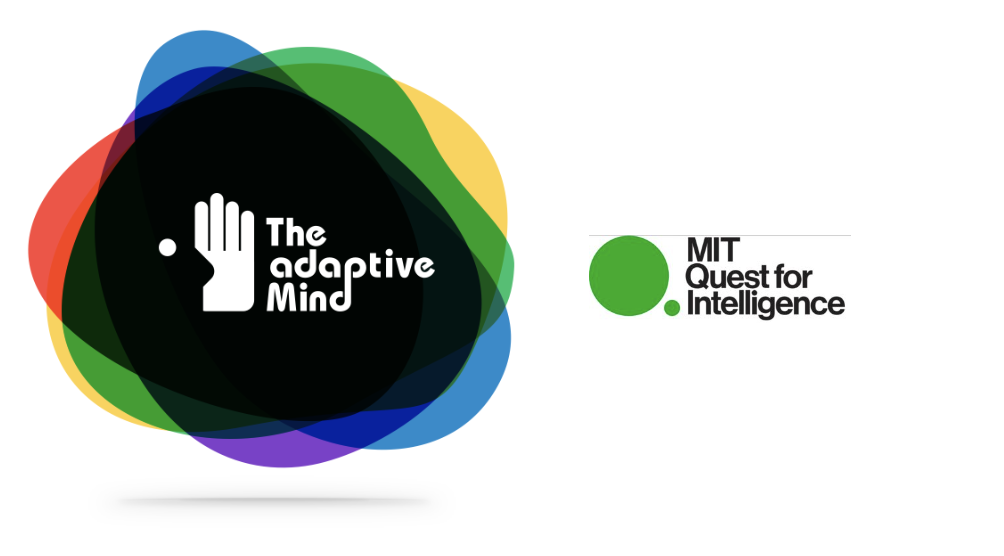York’s Global Research Excellence (GRE) Seed Fund empowers York to drive positive change by supporting York’s emerging and established research leaders collaboratively build and lead impactful global research networks. Being one of Canada’s largest research-intensive universities, York operates on a global scale by serving as an international hub for many critical areas of inquiry.
York's Global Research Excellence (GRE) Seed Fund fulfills the University’s commitment, in Engaging the World: York University’s Internationalization and Global Engagement Strategy launched in 2023, to strengthen international research engagement by investing in a seed fund to catalyze such collaborations.
The focus of GRE's funding streams is to advance York's global engagement and research impact as detailed in York University's Academic Plan 2020-25 and the Strategic Research Plan (SRP). The SRP has prioritized York researchers address the following pressing issues of our time:
- Digital Cultures and Disruptive Technologies
- Healthy Communities, Equity and Global Well-Being
- Indigenous Futurities
- Climate Action for a Sustainable Planet
- Social Justice, Peace and Equitable Relations
- Inter- and Transdisciplinary Research Innovation.
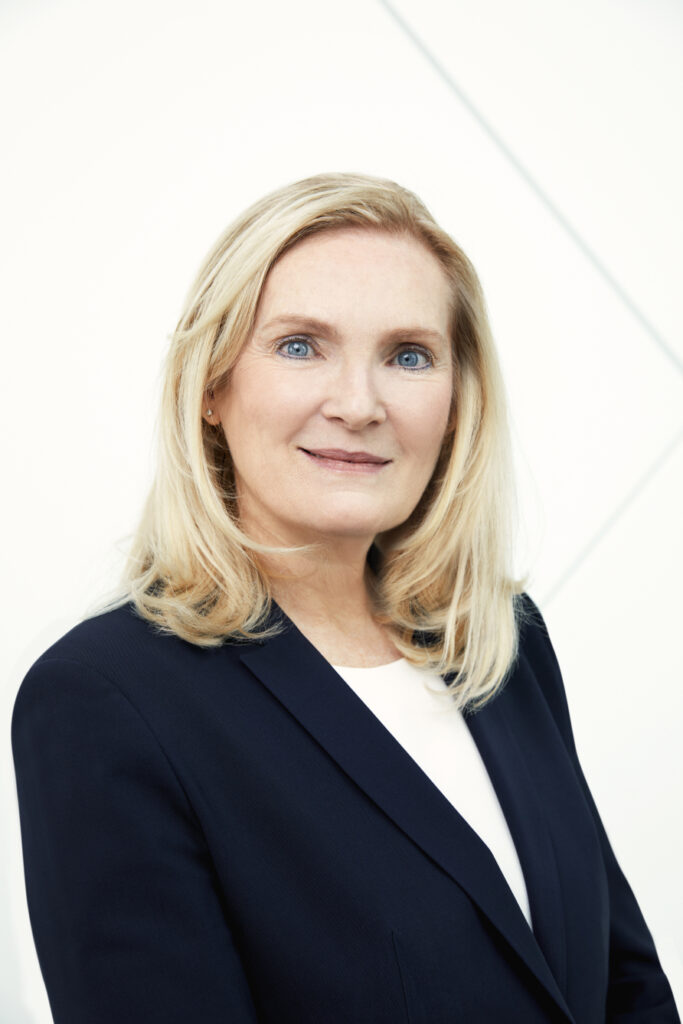
"Building international, values-driven partnerships underscores York University’s dedication to working together cross-culturally to address critical world issues. The GRE Fund is an investment in the transformative work of the York community and will provide mutually beneficial opportunities for our researchers, students and partners to continue to translate research outcomes into social and economic benefits in Canada and beyond."
Rhonda Lenton
President and Vice-Chancellor
York University
Meet some of our leading researchers
Eric Kennedy
Eric Kennedy is an associate professor in York University’s Disaster & Emergency Management program in the Faculty of Liberal Arts & Professional Studies (LA&PS). His research focuses on how to: improve decision-making in emergency contexts; enhance disaster training; create better policies for preventing and responding to emergencies; and improving research and evaluation methods in disaster contexts.
Usman Khan
Usman Khan is an associate professor of civil engineering at the Lassonde School of Engineering. His research interests lie in water resources engineering, focusing on urban hydrology, including flood risk assessment and uncertainty analysis, sustainable water resource management and infrastructure, and the impacts of climate change on these systems. Khan specializes in developing novel machine learning and artificial intelligence methods for various engineering applications. The role of civil engineering in creating vibrant, liveable and sustainable cities is a strong motivator for Khan. He is committed to using his professional practice to meet the challenges that face the urban environment.
Sapna Sharma
Sapna Sharma is an associate professor in the Department of Biology, Faculty of Science, at York University. Her research highlights how lakes worldwide respond to climate change, including rapid ice loss, warming water temperatures, degrading water quality, and changing fish distributions. Her research has led to an induction into the Royal Society of Canada – College of New Scholars, she has been named one of Canada’s Top 10 Women Water Scientists, she has earned the prestigious Ontario Government Early Researcher Award and York University President’s Emerging Research Leadership Award. She is a dedicated science communicator and is the founder of SEEDS, an outreach program for refugees. For her commitment to science outreach, she was invited to serve as vice-chair for the Royal Canadian Institute for Science and awarded the Canadian Council of University Biology Chairs Science Promotion Prize
York University Ranks Top 35 in the World
Over 300 Collaborators in 60+ Countries:


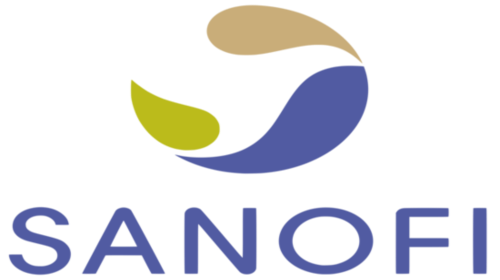




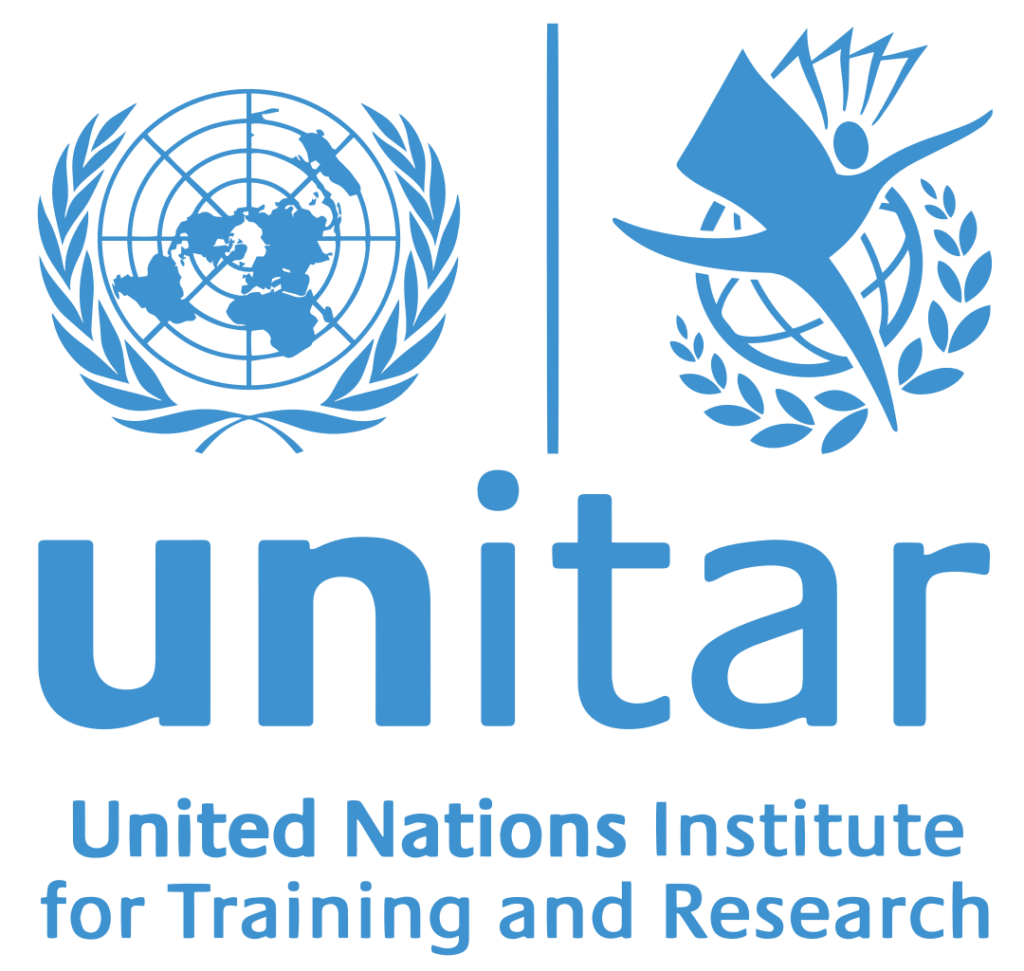
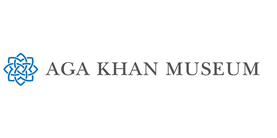


Other research organizations and research hospitals
Academic institutions Collaborators
